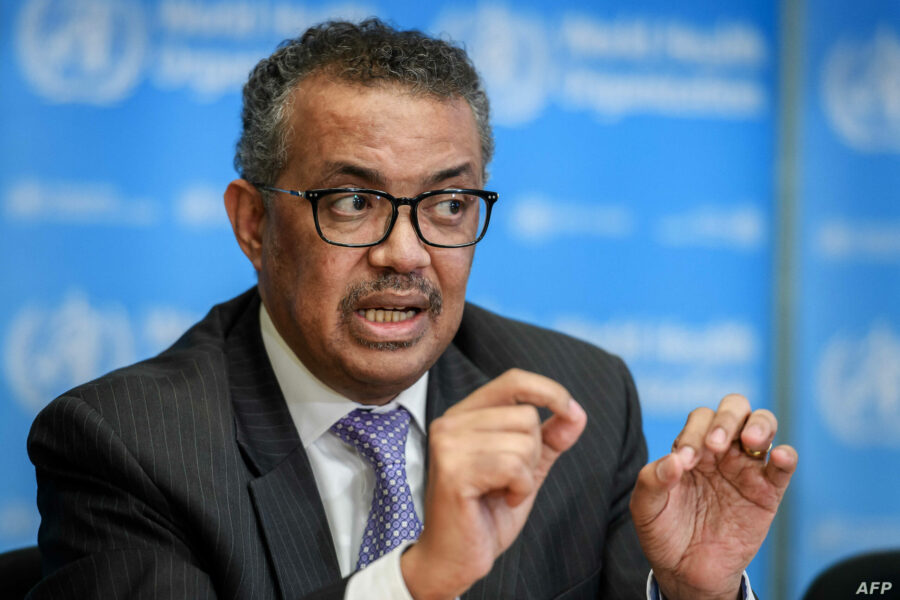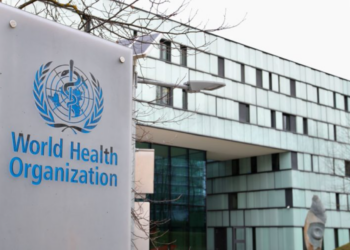The World Health Organization has said that the price for countries to pay to sustain a healthy and green recovery from the COVID-19 pandemic is to set ambitious national climate commitments.
The WHO COP26 Special Report on Climate Change and Health, which was launched on August 11, 2021, states the global health community’s prescription for climate action which is based on a developing body of research establishing the “many and inseparable links between climate and health.”
The report states that “The burning of fossil fuels is killing us. Climate change is the single biggest health threat facing humanity. While no one is safe from the health impacts of climate change, they are disproportionately felt by the most vulnerable and disadvantaged.”
What they are saying
WHO Director-General, Dr Tedros Adhanom Ghebreyesus, said “The COVID-19 pandemic has shone a light on the intimate and delicate links between humans, animals and our environment.
“The same unsustainable choices that are killing our planet are killing people. WHO calls on all countries to commit to decisive action at COP26 to limit global warming to 1.5°C – not just because it’s the right thing to do, but because it’s in our own interests. WHO’s new report highlights 10 priorities for safeguarding the health of people and the planet that sustains us.”
In the same vein, an open letter written and signed by health professionals worldwide called for national leaders and country delegations to step up climate action.
The letter read: “Wherever we deliver care, in our hospitals, clinics and communities around the world, we are already responding to the health harms caused by climate change.
“We call on the leaders of every country and their representatives at COP26 to avert the impending health catastrophe by limiting global warming to 1.5°C, and to make human health and equity central to all climate change mitigation and adaptation actions.”
This comes as several unprecedented weather events are being reported which impacts climate and is consistently taking a toll on people’s health. Air pollution, which is primarily the result of burning fossil fuels has been researched to lead to 13 deaths per minute worldwide.
Also taking into cognizance the effect on climate change which leads to frequent extreme weather events, such as heatwaves, storms and floods, kill thousands and disrupt millions of lives, on the healthcare systems and facilities when they are needed most.
The report concludes that protecting people’s health requires transformational action in every sector, including on energy, transport, nature, food systems and finance. And it states clearly that the public health benefits from implementing ambitious climate actions far outweigh the costs.

















